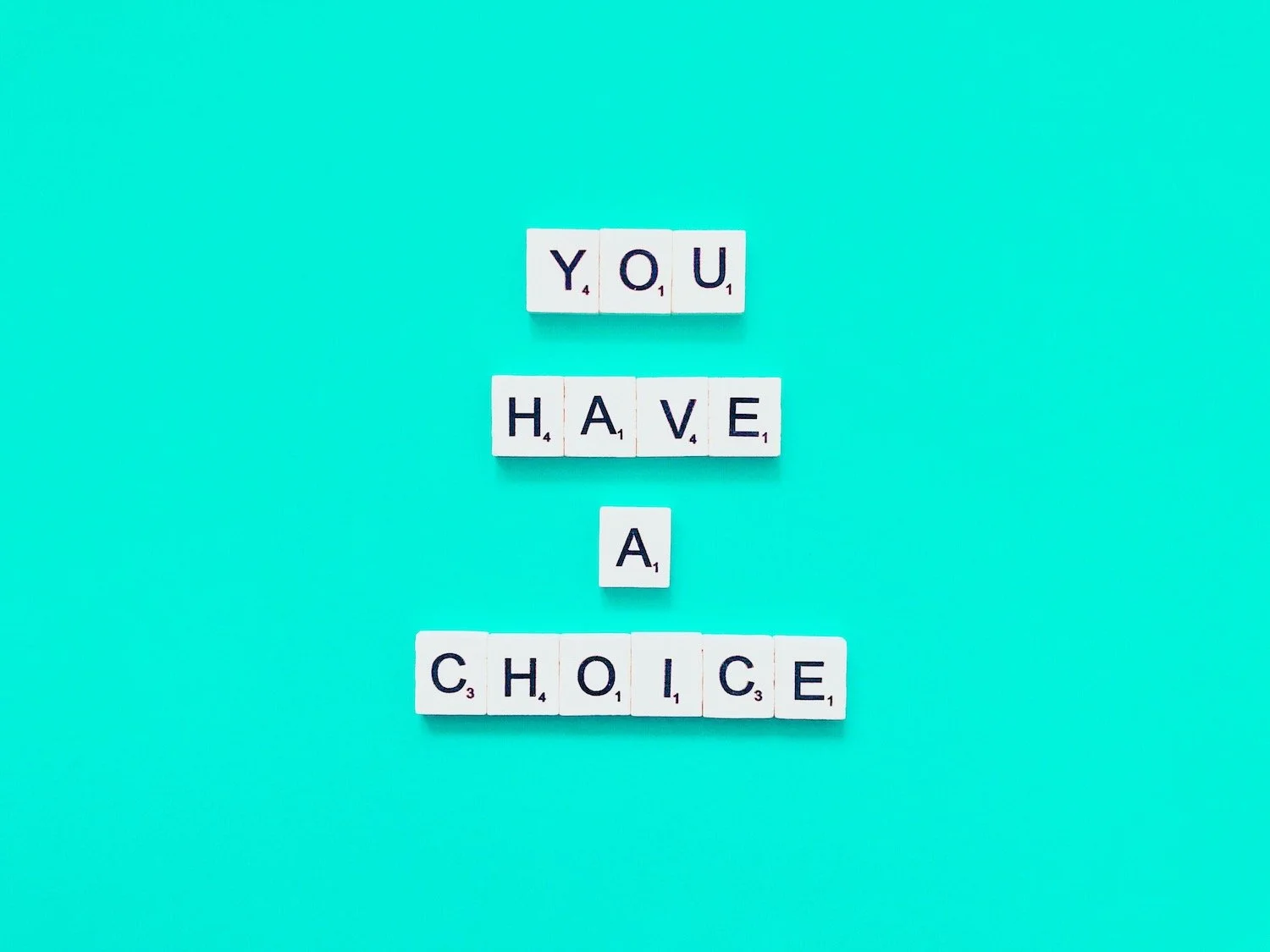Speaking Out and Being Heard
(Just letting you know that I’m on holiday for next two weeks so there won’t be a blog until I return mid September.)
This week I’m focusing on the important aspect of recovery from the long term effects of CSA (childhood sexual abuse) trauma, which in my case involved speaking out and being heard.
During the years of my recovery, I have read dozens of books about the effects of CSA. From this research, I discovered that there are undeniable links between childhood trauma caused by prolonged abuse and significant disturbances in adult mental health.
Complex childhood trauma has a huge impact on a person’s psychological, physiological and social well-being. It affects our emotions; consciousness; self-perception; perception of the perpetrator; relationships with others; and our system of making meaning from experiences. Basically, the way we think, feel and behave.
The danger, shame, fear and psychological abandonment experienced as a result of CSA abuse can result in the individual excluding the feelings and experiences as a necessary survival mechanism. This memory repression happened with me and the memories only returned as an adult, when I was in a safe position to seek help to aid my recovery.
Recovering from the trauma of CSA is not a straightforward process. We each must find our own path, and build our own stepping stones towards a different life.
A life in which we can hold our heads up to face the world, fulfil some of our crushed potential and slowly discard the self-disgust and shame we’ve imbibed growing up. .
Finding the courage to speak out about the CSA by my father as a child has been one of the hardest and most essential thing I’ve faced in my life. So much easier to stay shtum and keep the peace within the family. Keep recovery to myself. But there came a time when I couldn’t hold the secret down any longer. I had no choice but to face the ordeal involved in contacting my father – the abuser - to aid my recovery and well-being.
Families in denial tend to ostracise or disinherit the survivor. On the positive side, research shows that telling the people in your family how you were hurt – speaking out and being heard - is the most expedient form of healing, because we are asserting our reality, even if we are the only ones who perceive it.
I was lucky enough to receive support from specialist CSA therapists who were wise enough to ask : ‘ what happened to you.’ not ‘what’s wrong with you.’.
If you’re recovering from CSA trauma, my advice would be to read as many relevant books as you can. This is what helped me feel ‘less odd’ and alone. My book contains a list of those I found useful in the Appendix.
Talk about what happened to someone you trust, who will listen and support you without making any assumptions or judgments, or find a therapist trained in sexual abuse recovery. The fact that I’m alive today is due to the guidance of supportive therapists and my research around the field.
What happened is a big deal. A huge mountain of a big deal. Opening up to someone about childhood trauma that was most definitely not your fault, shows that you have great courage and resilience. You have the right to be heard and to receive appropriate support.
Avoid people who want to minimise what happened to you.
These are my recovery tips – my manifesto:
Healing takes time. Occurs in stages. Is different for every individual
Recovery is a personal journey with no set patterns.
Recovery requires practice, repetition, endurance and resilience.
Recovery involves speaking out, being heard and believed.
Seeking and accepting help and support is an ACT of COURAGE
Recovery is living a life that has meaning and purpose and requires knowing how to make healthy choices. It requires awareness, acceptance and action.
It is possible to survive tragic circumstances, to come out the other side and create a successful life of integrity, dignity and self-respect. I am living proof of this fact.
You can read more detailed information about the long term effects of CSA and my recovery journey in my book. Details below.
Author of ‘Wearing Red, One Woman’s’ Journey to Sanity.’
Available from www.browndogbooks.uk (paperback) www.amazon.co.uk (e-book)
